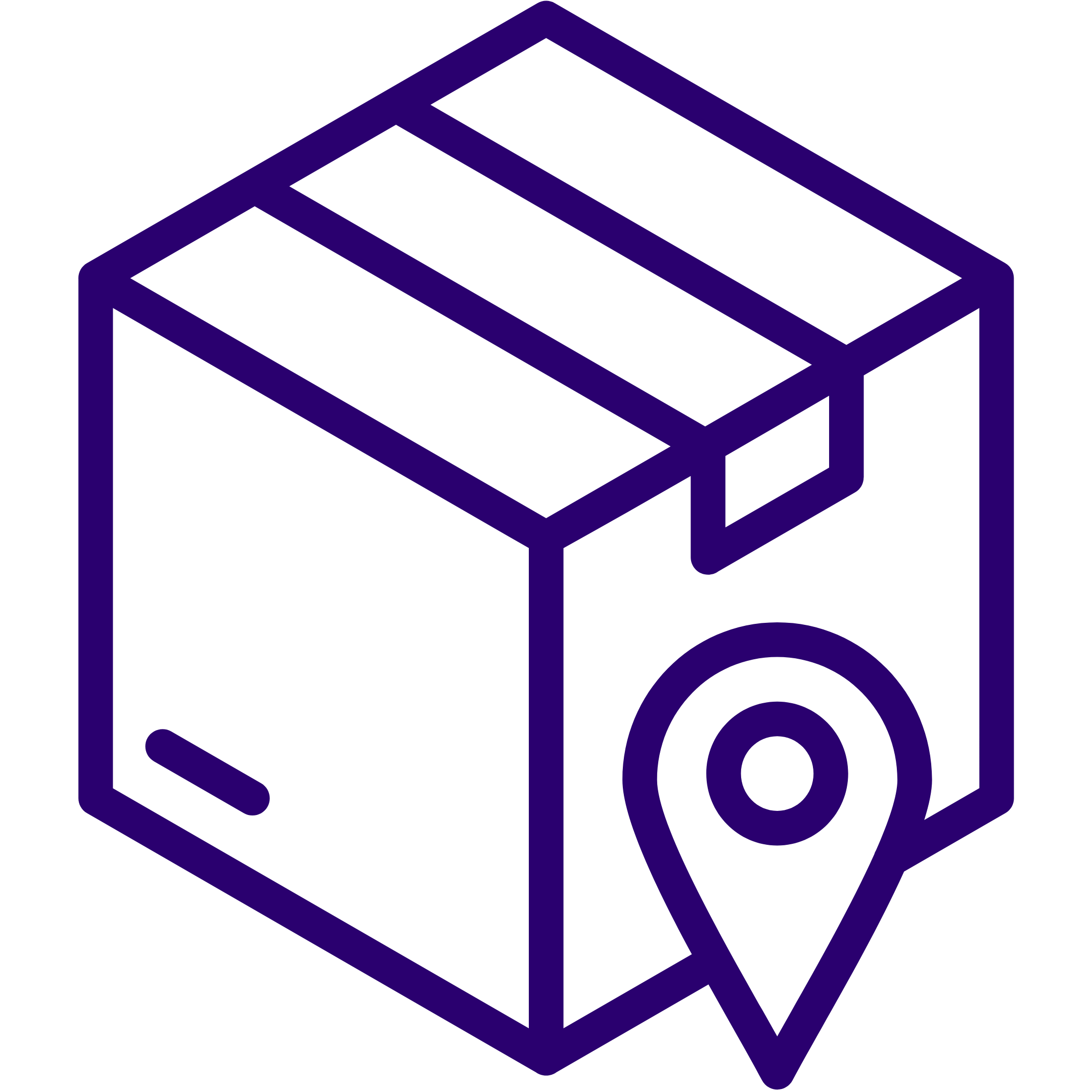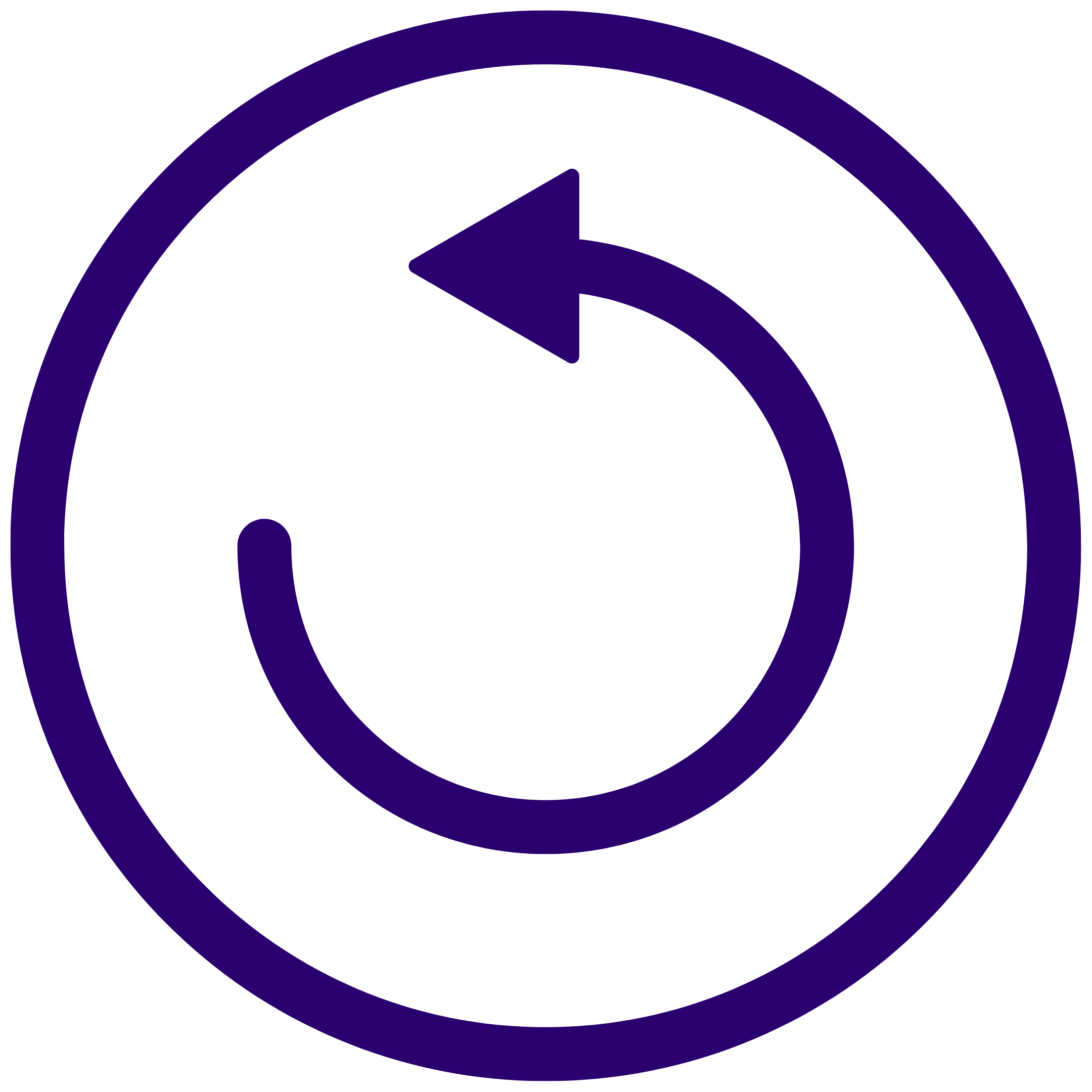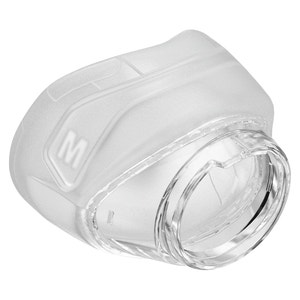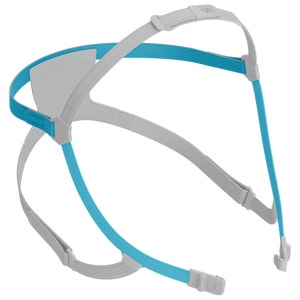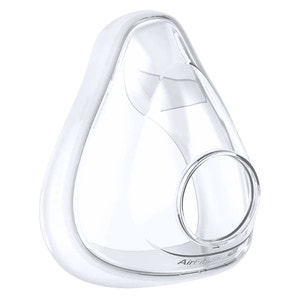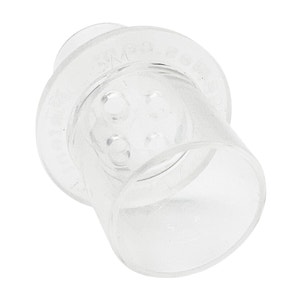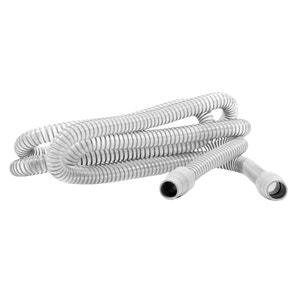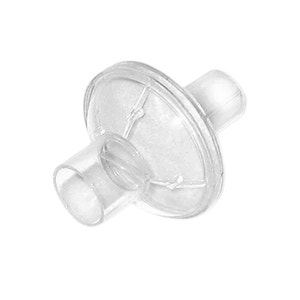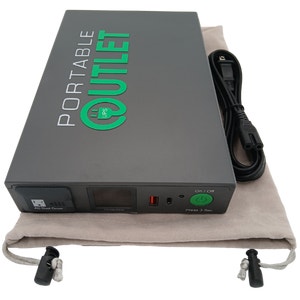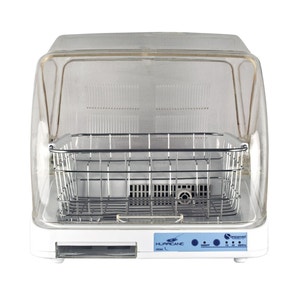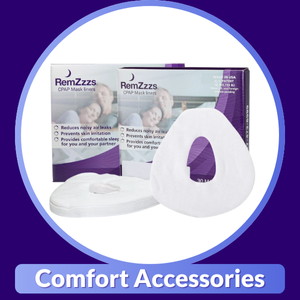

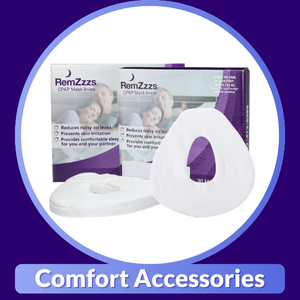

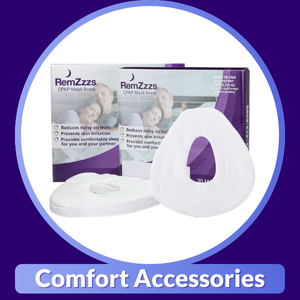

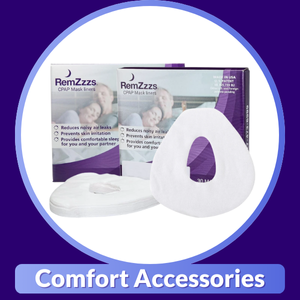


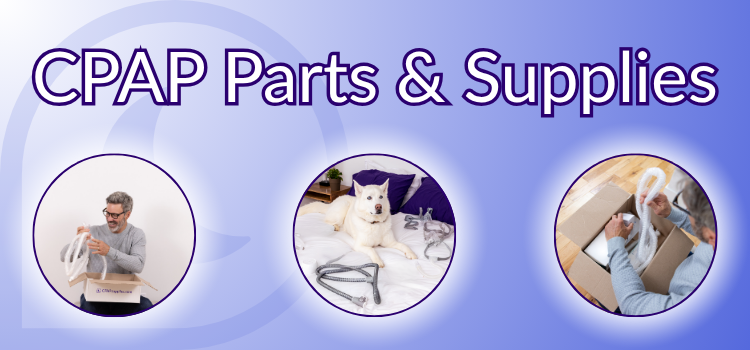









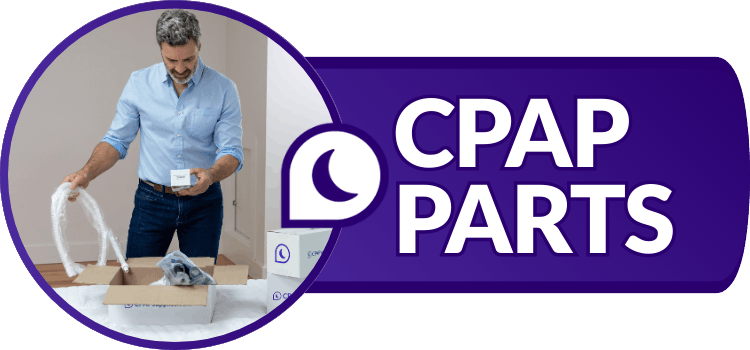
What are CPAP Supplies and How Do CPAP Machines and CPAP Masks Help Treat Sleep Apnea?
In the world of Obstructive Sleep Apnea treatment (OSA), Continuous Positive Airway Pressure (CPAP) therapy stands as the cornerstone for ensuring restful nights, improved sleep, and overall sleep health. CPAP therapy centers around combating OSA (and other sleep disorders in some cases) using many essential components such as CPAP machines, full face mask and nasal mask frames, headgear, CPAP tubing, and more. With each component playing a vital role in maintaining open airways during sleep, understanding the necessity and benefits of your CPAP device and CPAP mask parts is crucial for effective treatment and sustained wellness.
Types of CPAP Supplies and Equipment
Finding the right mask, machine and CPAP supplies is vital to your experience. There are many things to consider when deciding on your CPAP therapy plan. Factors such as sleeping position, types of CPAP machines, and prescribed air pressure settings are among the many important topics that will play a significant role in optimizing the effectiveness, comfort, and overall compliance of your CPAP therapy.
-
CPAP Machines: Using a variety of pressure settings CPAP machines deliver a continuous flow of air pressure, vital for keeping airways open during sleep. Some CPAP devices feature integrated humidifiers which can aid in reducing dry mouth. Many CPAP machines are now equipped with data tracking features, bringing optimization to both comfort and CPAP therapy adherence.
-
CPAP Masks and Headgear: There are many different types of CPAP mask styles such as full face masks, nasal masks, nasal pillow masks, and more. CPAP masks ensure pressurized air is delivered effectively from your CPAP machine. Headgear secures the mask in place, helping to minimize air leaks and enhancing comfort throughout the night.
-
CPAP Mask Cushions and Nasal Pillows: The main function of CPAP mask cushions and is to create a secure yet comfortable seal between your CPAP mask and your face. An effective seal is necessary for ensuring that the pressurized air from your CPAP machine is delivered to your airways without experiencing any leaks. Air leaks compromise your CPAP therapy's effectiveness by reducing the prescribed air pressure and can even cause discomfort and other side effects.
-
CPAP Humidifier Water Chambers: Humidifier water chambers are essential to adding moisture to the pressurized air delivered through your CPAP machine. This is helpful in preventing dryness in the airways, nasal passages, throat and dry mouth. Additionally, using distilled water exclusively is critical for almost any humidifier water chamber in maintaining and preventing mineral buildup.
-
CPAP Tubing and Air Filters: Tubing facilitates airflow and connects your CPAP machine to your mask using various types of connectors and adapters. Air filters function to block airborne particles and other contaminants from entering your CPAP equipment, and help to optimize air quality and prevent respiratory irritation.
-
CPAP Comfort Accessories: Comfort accessories include a wide range of supplies such as mask liners, chinstraps, silicone mask cushions, and CPAP hose covers. These items help in enhancing comfort and compliance with your sleep apnea therapy.
-
CPAP Cleaning Supplies: CPAP hose brushes, mask wipes, cleansers and sanitizers are just some examples of the typical CPAP cleaning accessories you’ll find. Maintaining clean CPAP equipment promotes the effectiveness, hygiene, and longevity of your supplies and can prevent many various health risks caused by contaminated CPAP parts.
-
Types of Sleep Apnea Therapy Machines
-
CPAP Machines: What is a CPAP machine? Continuous Positive Airway Pressure (CPAP) machines provide continuous and fixed levels of air pressure throughout your breathing cycle.
-
BiPAP Machines: Bi-Level Positive Airway Pressure (BiPAP) machines function to deliver two distinct levels of air pressure: higher pressure during inhalation and lower pressure during exhalation.
-
APAP Machines: Auto-Adjusting Positive Airway Pressure (APAP) machines automatically adjust the air pressure being delivered based on your breathing patterns throughout your sleep.
-
Travel CPAP Machines: Compact in size and lightweight, travel CPAP machines are designed with portability and travel convenience in mind.
-
EPAP & Alternative Therapy Devices: Expiratory Positive Airway Pressure (EPAP) devices typically utilize non-invasive methods to create resistance in your airway during exhalation, which helps keep the upper airway open to prevent obstruction.
-
Types of CPAP Masks
Cover your entire nose and mouth, providing a wide seal extending from the bridge of your nose to below your lower lip. Full Face Masks are ideal for:
-
Side sleepers and back sleepers
-
Higher pressure settings
-
Users who breathe through the nose or mouth
Seal over the top, or under the base of your nose and are secured using straps that wrap around your head. Nasal Masks are ideal for:
-
Back sleepers, side sleepers, and active sleepers
-
Users who breathe primarily through the nose
-
Users who like to read or watch TV before bed
Feature small pillow cushions that seal around your nostrils without covering your entire nose. Nasal Pillow Masks are ideal for:
-
Minimal contact
-
Stomach sleepers
-
Facial hair
Learn more about finding the right fit with our helpful CPAP Mask Fitting Guide.
-
Cleaning and Replacing your CPAP Supplies
Routine maintenance of your CPAP supplies not only promotes optimal CPAP therapy but can also support various long-term health benefits. Adhering to the manufacturer guidelines and instructions for cleaning and replacement encourages long-lasting performance from your CPAP equipment.
-
Optimized Therapy Effectiveness: To help prevent against dirt and bacteria buildup you should regularly clean your CPAP supplies. This helps to ensure you receive consistent air pressure delivery, maximizing the effectiveness of your CPAP therapy.
-
Improved Hygiene: Cleaning your CPAP equipment will help to reduce the risk of nasal congestion, allergies, and respiratory infections, promoting overall respiratory health.
-
Enhanced Comfort and Compliance: Properly maintained CPAP supplies minimize discomfort, skin irritation, and air leaks, encouraging good CPAP therapy habits and improving sleep quality.
-
Prolonged Equipment Lifespan: Routine replacement of CPAP parts such as masks, headgear, cushions/cushion pillows, and filters minimizes natural wear and tear, helping to prolong the lifespan of your CPAP equipment and reduce long-term CPAP supply costs.
-
Do I Need a Prescription For CPAP Supplies?
Most CPAP supplies and CPAP parts are available without a prescription when you’re purchasing them out of pocket. Even many of your favorite CPAP masks are available prescription-free thanks to our convenient mask assembly kits!
No Prescription Required:
-
CPAP mask parts (mask cushion, frame, and elbow)
-
CPAP mask headgear
-
CPAP mask assembly kits
-
CPAP hoses/CPAP tubing
-
Humidifier parts and water chambers
Since they’re classified as medical equipment, you’ll always need a prescription for CPAP machines, BiPAP machines, or Auto CPAP machines, as well as CPAP humidifiers and pre-assembled CPAP masks.
If you need help obtaining or updating your prescription, we’ll take care of it for you! Let your personal Sleep Specialist reach out to your doctor directly!
-
CPAP Mask Replacement Schedule
To maintain effective and hygienic CPAP therapy you should replace the individual components of your mask according to the recommended schedule. This will help ensure that your CPAP mask is clean, free of air leakage, and always maintains a secure fit.
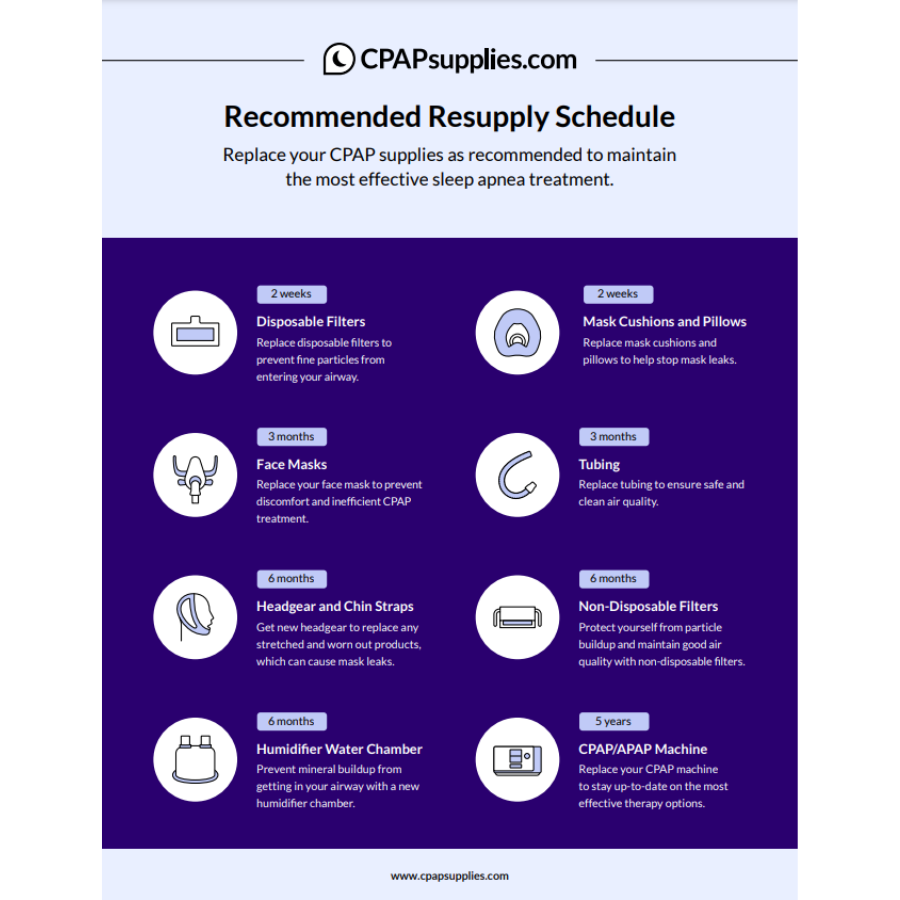

Learn more about the ideal replacement schedule for your CPAP supplies with this helpful blog.
Do I Need a Prescription For CPAP Supplies?
Most CPAP supplies and CPAP parts are available without a prescription when you’re purchasing them out of pocket. Even many of your favorite CPAP masks are available prescription-free thanks to our convenient mask assembly kits!
No Prescription Required:
- CPAP mask parts (mask cushion, frame, and elbow)
- CPAP mask headgear
- CPAP mask assembly kits
- CPAP hoses/CPAP tubing
- CPAP battery
- Humidifier parts and water chamber
Since they’re classified as medical equipment, you’ll always need a prescription for CPAP machines, BiPAP machines, or Auto CPAP machines, as well as CPAP humidifiers and pre-assembled CPAP masks.
If you need help obtaining or updating your prescription, we’ll take care of it for you! Let your personal Sleep Specialist reach out to your doctor directly!
How Often Should I Replace My CPAP Supplies
With normal use your CPAP equipment will start to wear out over time. Headgear stretches, cushions develop micro-cracks, and filters become clogged. This can prevent you from getting the air pressure you need.
To keep your CPAP therapy effective, manufacturers recommend that you follow the Medicare replacement schedule.
- Nasal Pillows and Nasal Mask Cushions - Every 2 weeks
- Disposable Filters - Every 2 weeks
- Full Face Mask Cushions - Every month
- CPAP Mask - Every 3 months
- CPAP Hoses/CPAP Tubing - Every 3 months
- Headgear - Every 6 months
- Humidifier Water Chambers - Every 6 months
- Reusable Filters - Every 6 months
- Chin Straps - Every 6 months
- CPAP Machines - Every 5 years or as-needed
Do I Need a Prescription For CPAP Supplies?
Most CPAP supplies and CPAP parts are available without a prescription when you’re purchasing them out of pocket. Even many of your favorite CPAP masks are available prescription-free thanks to our convenient mask assembly kits!
No Prescription Required:
- CPAP mask parts (mask cushion, frame, and elbow)
- CPAP mask headgear
- CPAP mask assembly kits
- CPAP hoses/CPAP tubing
- CPAP battery
- Humidifier parts and water chamber
Since they’re classified as medical equipment, you’ll always need a prescription for CPAP machines, BiPAP machines, or Auto CPAP machines, as well as CPAP humidifiers and pre-assembled CPAP masks.
If you need help obtaining or updating your prescription, we’ll take care of it for you! Let your personal Sleep Specialist reach out to your doctor directly!
How Often Should I Replace My CPAP Supplies?
With normal use your CPAP equipment will start to wear out over time. Headgear stretches, cushions develop micro-cracks, and filters become clogged. This can prevent you from getting the air pressure you need.
To keep your CPAP therapy effective, manufacturers recommend that you follow the Medicare replacement schedule.
- Nasal Pillows and Nasal Mask Cushions - Every 2 weeks
- Disposable Filters - Every 2 weeks
- Full Face Mask Cushions - Every month
- CPAP Mask - Every 3 months
- CPAP Hoses/CPAP Tubing - Every 3 months
- Headgear - Every 6 months
- Humidifier Water Chambers - Every 6 months
- Reusable Filters - Every 6 months
- Chin Straps - Every 6 months
- CPAP Machines - Every 5 years or as-needed

